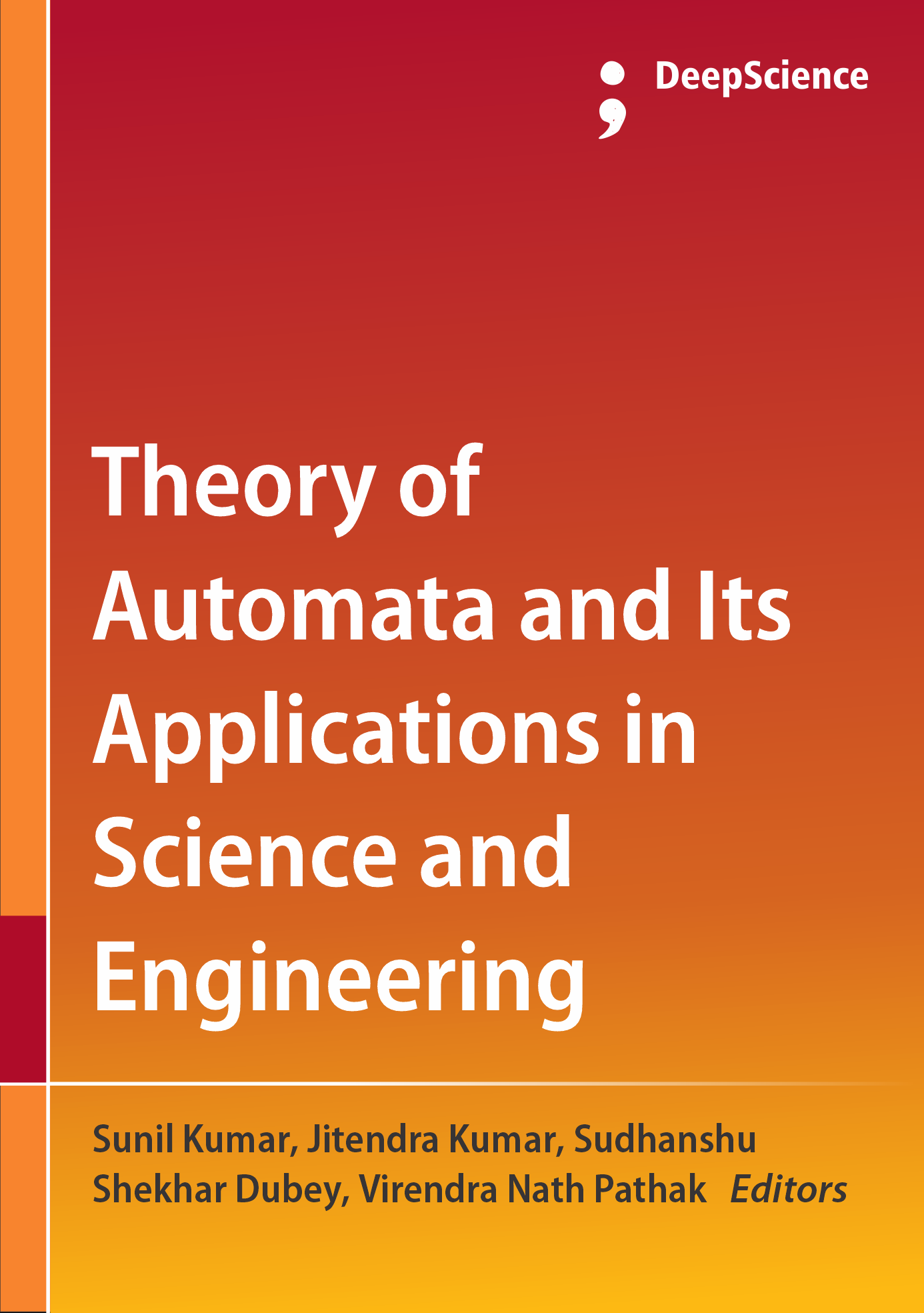Theory of Automata and Its Applications in Science and Engineering
Keywords:
Finite Automata , Deterministic Finite Automaton , Turing Machine , Text Processing , Natural Language Processing , Pattern RecognitionSynopsis
The theory of finite automata has long stood as a cornerstone in the field of theoretical computer science, offering a rigorous yet elegant model for understanding computation in its most fundamental form. From early work on regular languages to modern uses in text processing, embedded systems, and artificial intelligence, finite automata have proven to be both foundational and remarkably practical.
This edited volume, Theory of Automata and Its Applications in Science and Engineering, brings together a diverse collection of chapters that bridge the gap between theory and application. Each contribution explores a unique facet of finite automata—ranging from classical constructions to cutting-edge implementations in real-world domains. Our aim is to showcase not only the mathematical beauty of automata theory but also its growing relevance in areas such as compiler design, natural language processing, network protocol analysis, DNA computing etc.
By including both introductory and advanced topics, as well as hands-on examples, formal proofs, and case studies, this volume serves as a comprehensive guide for those who seek to apply formal methods to practical problems. Each chapter is self-contained, authored by experts in the field, and reflects ongoing innovations that highlight the enduring impact of finite automata in computing and engineering.
Chapters
-
Finite automata and their application in text processing
-
Automata theory and formal language in artificial intelligence
-
Context free grammar and its application in natural language processing
-
Investigating the computational Power of Pushdown Automata (PDA) and their relation to Context-Free Grammars (CFG)
-
Turing machine in DNA computation
-
A Study on push-down automata














